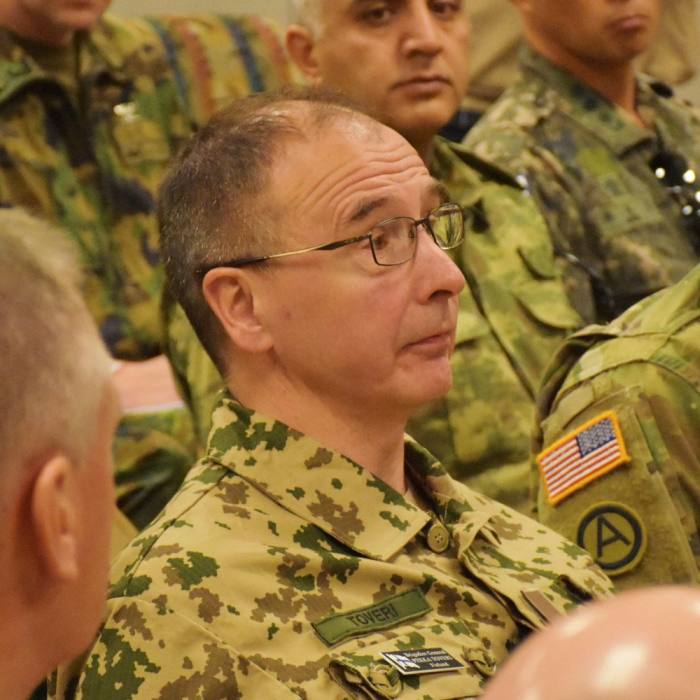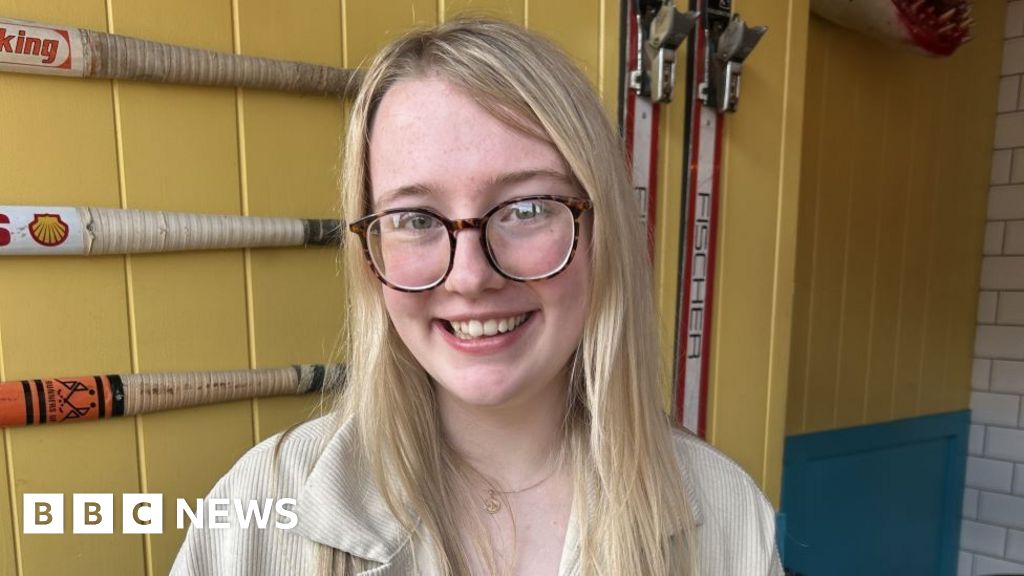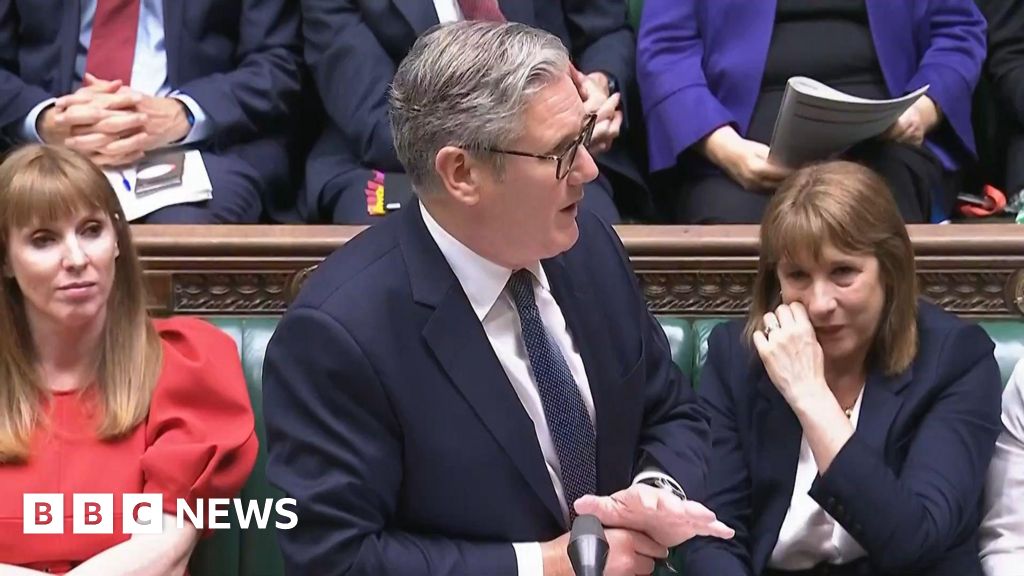Several high-ranking former military officers have been elected to Finland’s new parliament, highlighting how Russia’s invasion of Ukraine has shifted the country’s politics as it transforms from a neutral nation to a Nato member.
Sworn in this month, Finland’s parliament is drawing on the experience of six ex-officers to tackle one of the country’s biggest foreign and defence policy challenges in decades: integrating into the western military alliance that it formally joined on April 4.
Jarmo Lindberg, a first-time MP and the commander of Finland’s defence forces until 2019, said: “It’s new in Finland. There have been officers in parliament before, but the numbers are bigger than before. During my campaigning, people told me there needs to be security and defence knowledge in parliament.”
Pekka Toveri, another newcomer who was a major general and chief of military intelligence until 2020, said “it’s not normal” to have so many former officers but “the reason is, of course, the times we are living in. People are very concerned about Russia. People understand that Russia is a long-term threat for us.”
Among the myriad issues membership of Nato will pose for Finland is the impact on its relationship with Russia — with which it shares a 1,340km border. Moscow justified its invasion of Ukraine as a defensive measure against the expansion of the western military alliance.
To tackle this challenge, the centre-right National Coalition party, which is likely to lead the next government, turned to five former military officers — Lindberg, Toveri, Jarno Limnéll, Aleksi Jäntti and Atte Kaleva — to bring special knowhow into parliament. Its probable coalition partner, the nationalist Finns party, has a sixth ex-officer, Tomi Immonen.

Modern Finland’s defining moment was the winter war of 1939-40 when it held out against the far bigger forces of the Soviet Union, largely on its own. First as a neutral country and then as a militarily non-aligned country in the EU, Finland chose to stay outside Nato and avoid offending Russia for decades.
But that all changed when Vladimir Putin ordered his troops to invade Ukraine, another non-Nato neighbour of Russia’s, in February 2022. This move led Finland to enter the western military organisation, which has collective defence as its keystone and where an attack on one member state is an attack on all.
One of the main issues for the next parliament and government in Finland will be working out the exact details of Nato membership. The military alliance has a split command structure, with the Nordic states currently led out of Norfolk, Virginia in the US and the Baltics alongside Germany and Poland from Brunssum in the Netherlands.
Senior Finnish officials and the ex-officers have all made it clear that their preference is for Finland to be part of the Norfolk command structure so that — once Sweden joins Nato — all the Nordics will be grouped together. “Militarily, it would make sense for there not be a dividing line, for there to be a unified command for the whole area,” Lindberg said.
“Our defence forces are very well aligned with Nato. But still it is a big change, especially for the mentality,” said Minna Ålander, research fellow at the Finnish Institute of International Affairs.

Toveri underscored the “mental change” Finnish officers have to go through after being used to do things alone for 80 years. “Now we have to do it together. Finnish forces will be led by foreign generals. We have to trust each other and do it together.”
Finland has a formidable military but only 8,000 of its forces are on active duty, while 280,000 are reservists. Toveri argued that the law would need changing to allow the country to send reservists to other countries for collective defence.
Another sensitive issue is that of the Åland islands, an autonomous and demilitarised group of thousands of islands between Finland and Sweden, inhabited by a Swedish-speaking population. A petition is circulating that could force the new parliament in Helsinki to discuss whether to close the Russian consulate on one of the islands.

Others go further and say Finland should militarise the strategically important islands in the Baltic Sea despite their complex legal status. “We should get rid of the demilitarisation,” Toveri said. “It’s not a big weakness, but it is a weakness. You always have a race — who is first to get on to the islands?”
But there appears to be little appetite among senior Finnish policymakers to open a highly sensitive topic that could provoke the Russians.
Elina Valtonen, deputy head of National Coalition and tipped by many as a possible foreign minister in the next government, said that because of the islands’ status Finland could not take a unilateral decision. “Finland has been in Nato for two weeks. I don’t think this is a pressing topic at the moment,” she added.
Many Finnish politicians believe the Nordic country will be far more assertive than before, referring to president Sauli Niinistö’s comment last year that “the masks have fallen”.
Valtonen said: “We can be a proper western country with a free society where people can speak their minds.”
But politicians have also stressed that Finland was unlikely to go as far as its Baltic neighbours to the south and constantly speak out about the Russian threat. “There’s no willingness to poke them in their eyes all the time,” Toveri said.
Some things are expected to stay the same, such as Finland’s formidable preparedness against attack and the willingness of Finns to defend their homeland. Even elite male athletes complete military service, with NBA All-Star basketball player Lauri Markkanen reporting for duty earlier this month.
Toveri said: “It’s quite deeply-rooted in our society that you should serve and everybody should serve. He has left the NBA for six months to do his service as every Finn would do.”
Credit: Source link











